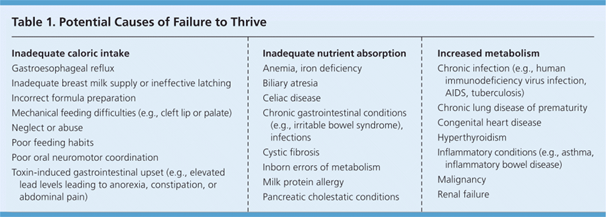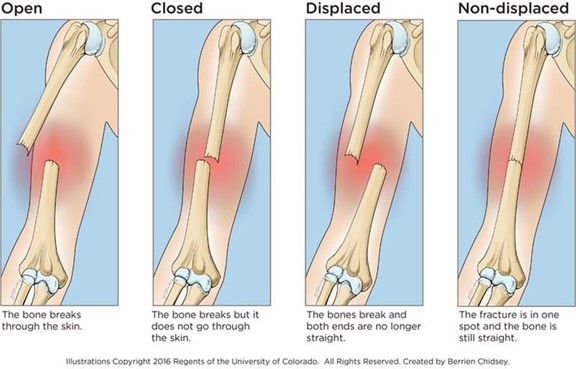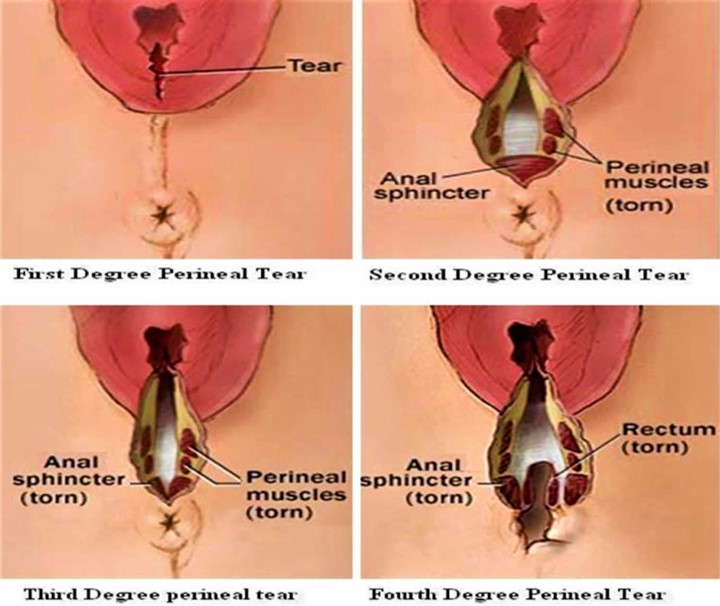The practical nurse (PN) is contributing to the plan of care for a toddler with failure to thrive due to inadequate caloric intake. Which observation should the PN monitor to best help develop interventions?
Toddler at independent play.
Daily weight surveillance.
Bowel movement pattern.
Parent-toddler interaction.
The Correct Answer is D
To best help develop interventions for a toddler with failure to thrive due to inadequate caloric intake, the practical nurse (PN) should monitor parent-toddler interaction. Observing how the parent and toddler interact during mealtimes can provide valuable information about the child's eating habits and any potential issues that may be contributing to the inadequate caloric intake. The PN can use this information to develop interventions that address any identified issues and promote healthy eating habits. The other observations listed may also be important to monitor, but observing parent-toddler interaction is the most useful in this situation.

Nursing Test Bank
Naxlex Comprehensive Predictor Exams
Related Questions
Correct Answer is B
Explanation
Repeated visits to multiple emergency departments for various injuries or complaints can be a red flag for possible child abuse. The other options may indicate other issues or concerns, but they do not provide as much reason to suspect child abuse as the history of repeated visits to different emergency departments. It is important for healthcare providers to remain vigilant for signs of child abuse and to report any suspicions to the appropriate authorities.

Correct Answer is D
Explanation
If a postpartum client who delivered vaginally 6-hours ago and had a second-degree perineal laceration reports feeling increased pain and pressure in her vaginal area, the practical nurse (PN) should apply an icepack to the perineum.Applying an icepack can help reduce swelling and provide pain relief in the affected area. The PN should also monitor the client's condition and report any changes or concerns to the healthcare provider. The other interventions listed may also be appropriate in some situations, but applying an icepack to the perineum is the most appropriate initial intervention in this situation.

Whether you are a student looking to ace your exams or a practicing nurse seeking to enhance your expertise , our nursing education contents will empower you with the confidence and competence to make a difference in the lives of patients and become a respected leader in the healthcare field.
Visit Naxlex, invest in your future and unlock endless possibilities with our unparalleled nursing education contents today
Report Wrong Answer on the Current Question
Do you disagree with the answer? If yes, what is your expected answer? Explain.
Kindly be descriptive with the issue you are facing.
